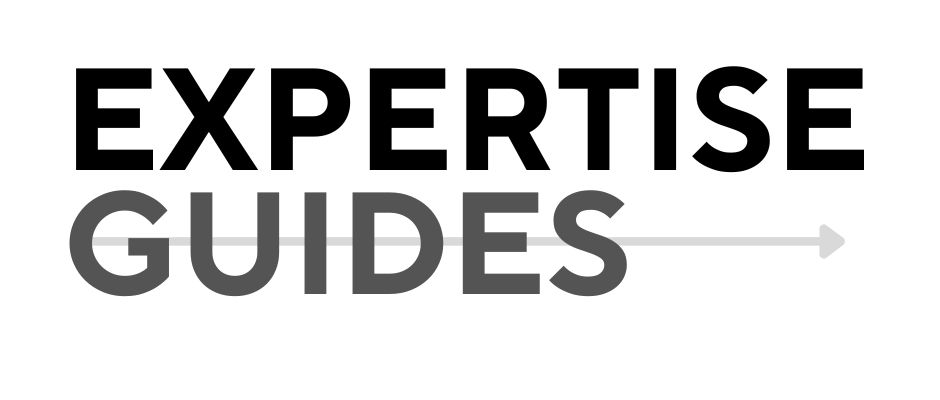Summary: Learn how to create compelling content that attracts clients, establishes authority, and grows your consulting business.
Information Type: Guidebook
Did you know that 70% of consumers prefer getting to know a company through articles rather than ads (Content Marketing Institute, 2022)? As business coaches and consultants, connecting with potential clients through valuable content can be your most powerful marketing tool. Imagine crafting content that not only resonates but inspires your audience to take action. Let’s explore how you can achieve this.
I. Introduction: The Power of Content in Attracting Clients
In the bustling world of business coaching and consulting, content is your voice. It’s the bridge that connects you with potential clients by addressing their needs and showcasing your expertise. High-impact content doesn’t just inform—it transforms. When executed effectively, it can elevate your brand and position you as a thought leader in your field. This guidebook will walk you through the essential strategies for creating content that captivates and converts.
II. Understanding Your Audience and Crafting Your Message
Crafting content that resonates begins with a deep understanding of your audience.
A. Identifying your ideal client persona: Start by defining who your ideal client is. Consider their demographics, challenges, and goals.
B. Researching pain points and desires: Dive into what keeps your audience up at night. Use surveys, discussions, or online forums to gather insights.
C. Developing a unique value proposition: What sets you apart from other coaches and consultants? Identify your unique strengths and how they benefit your clients.
D. Aligning your content with your brand voice and expertise: Ensure that your content reflects your personality and professional insights, making it authentic and relatable.
III. High-Impact Content Formats and Strategies
Choosing the right content format is crucial for maximizing impact.
A. Blog posts and articles: Share in-depth insights and actionable advice that addresses your audience’s challenges.
B. Video content (YouTube, webinars, live streams): Visual content can engage and educate, offering a personal touch.
C. Podcasts and audio content: Reach audiences on the go with thought-provoking discussions and interviews.
D. Social media strategies (LinkedIn, Instagram, Twitter): Use these platforms to share bite-sized content and connect with a wider audience.
E. Email marketing and newsletters: Keep your audience informed and engaged with regular updates and exclusive content.
F. Case studies and success stories: Demonstrate your expertise with real-world examples of how you’ve helped others succeed.
IV. Creating and Optimizing Content for Maximum Impact
Once you’ve chosen your formats, it’s time to focus on content creation and optimization.
A. Crafting compelling headlines and hooks: Capture attention with headlines that promise value and intrigue.
B. Structuring content for readability and engagement: Use subheadings, bullet points, and images to break up text and maintain interest.
C. Incorporating storytelling and personal experiences: Share your journey and insights to build a personal connection with your audience.
D. Using data and statistics to build credibility: Support your points with credible data to enhance authority.
E. SEO best practices for content visibility: Optimize your content with relevant keywords to increase discoverability.
F. Repurposing content across multiple platforms: Extend the reach of your content by adapting it for different formats and channels.
V. Measuring Success and Refining Your Strategy
To ensure your content efforts are effective, regular evaluation is key.
A. Key performance indicators for content marketing: Track metrics like engagement, lead generation, and conversion rates to measure success.
B. Tools for tracking and analyzing content performance: Use analytics tools to gain insights into what’s working and what needs improvement.
C. A/B testing and iterating on your content strategy: Experiment with different approaches and refine your strategy based on results.
D. Staying current with industry trends and algorithm changes: Keep abreast of changes in content marketing to adapt and stay relevant.
Join the Conversation!
Follow me for more insights, share your thoughts in the comments, and spread the word by sharing this article with your network.
Every paragraph in this guidebook is crafted for clarity and engagement, with a blank line before and after to enhance readability.


